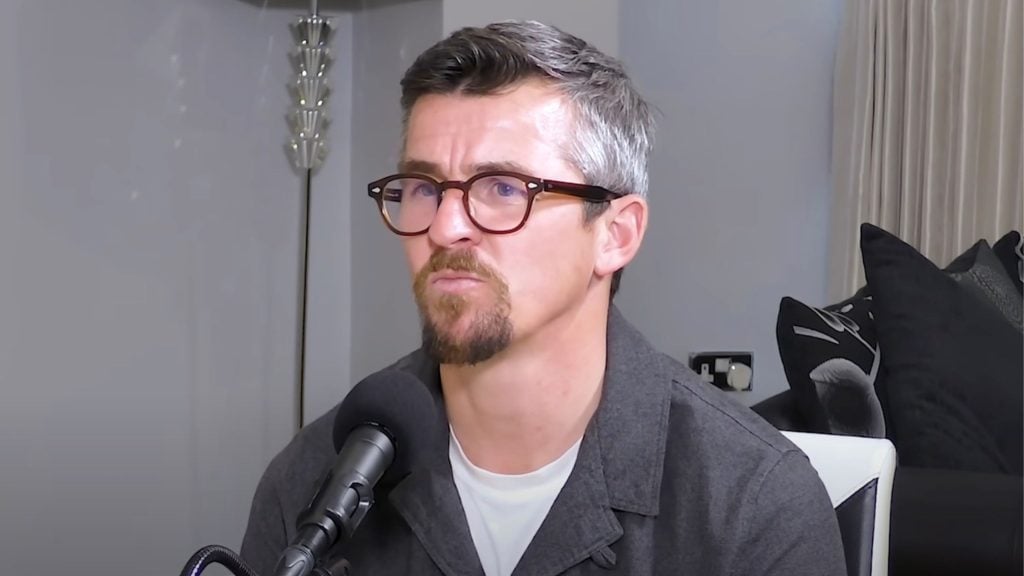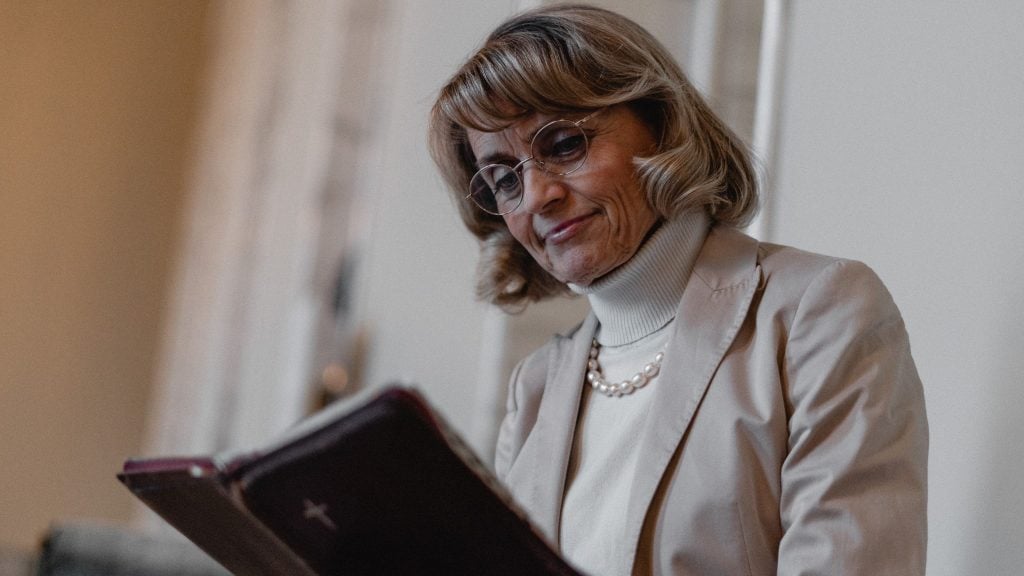With growing time, several media outlets and news houses have adopted a rather forceful approach towards reporting news regarding climate change.
The latest trend of “impartiality” towards reporting climate change is attracting criticism as it is said to be misguided, uninformed, and dangerous in nature, according to the editorial teams of many news outlets.
Back in 2019, the editor of The Conversation, Misha Ketchell, announced that the outlet’s Australian editorial team would follow a “zero-tolerance” approach while dealing with skeptics and deniers of climate change.
The zero-tolerance approach in this case, simply translates to the blocking of comments and locking of accounts that deny or doubt climate change.
Here’s what Ketchell had to say about why he adopted such an aggressive stance: “Climate change deniers and those shamelessly peddling pseudoscience and misinformation are perpetuating ideas that will ultimately destroy the planet.”
The Conversation’s editorial decision has been called a major violation of journalism’s basic principle of impartiality which states that all sides of a story must be presented to the audience to help them form an opinion with regards to a certain issue.
But then, considering the dire consequences of climate change, a more nuanced and analytical approach towards impartiality, as adapted by the ABC’s editorial policy has received widespread attention.
According to the ABC’s editorial policy, impartiality requires; a balance that follows the weight of evidence, fair treatment, open-mindedness, opportunities over time for principal relevant perspectives on matters of contention to be expressed.
This definition of impartiality validates the stance taken by news houses such as The Conversation and Guardian Australia.
Other outlets such as The Age and The Sydney Morning Herald follow separate guidelines regarding impartiality.
While The Age doesn’t explicitly mention impartiality, it requires its journalists to act fair and balanced when reporting.
Similarly, The Sydney Morning Herald too, without directly stating impartiality, instructs its journalists to avoid promoting their personal interests.
Critics such as Denis Muller, a Senior Fellow in the Center for Advancing Journalism from the University of Melbourne are under the opinion that news outlets are insufficiently informed when it comes to impartiality and how to steer clear from free speech suppression.
Discussing the relevance of bodies such as the Australian Press Council and the Australian Communications and Media Authority, Muller wrote that they “make no mention of how impartiality should be achieved in the context of climate change.”
“These bodies would serve the profession and the public interest by developing specific standards to deal with the issue of climate change, and guidance about how to meet them,” wrote Muller.
If you're tired of censorship and dystopian threats against civil liberties, subscribe to Reclaim The Net.









